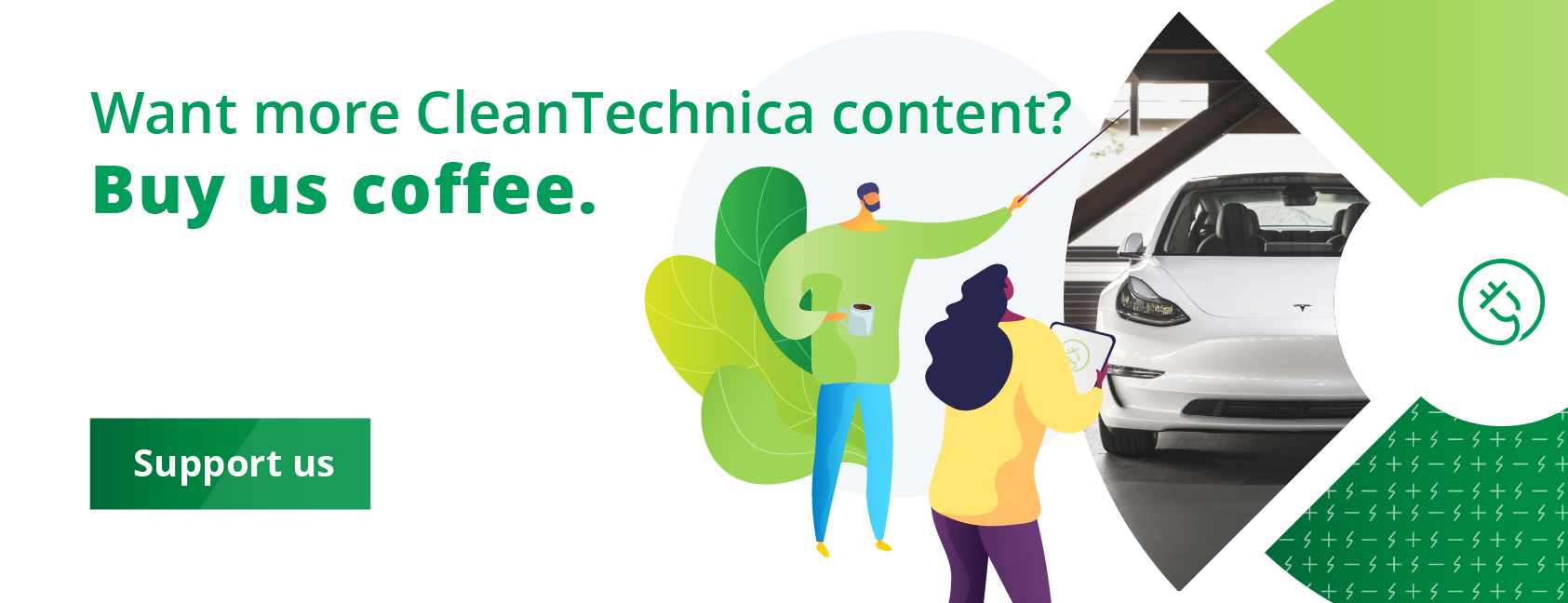
It’s becoming fashionable for state governments to charge EV drivers an extra fee with their annual registration every year. Dozens of states are now doing something like this, with some charging as little as $50, and at least 8 states charging $200 or more. Texas recently upped the ante with a special one-time $400 fee when you purchase the vehicle, followed by the annual $200 fee going forward.
The justification for these fees seems reasonable enough. Road construction and maintenance is funded (at least in part) by taxes on gasoline, so if you’re driving a car and not buying gasoline, you’re driving without paying your fair share of road construction costs. But, given all of the different fees states are charging, the question of what’s fair and what’s not comes up.
My Guess At What’s Fair
Personally, I think it’s worth looking at what ICE drivers pay first. In Texas, the state government charges a tax of $.20/gallon, and the federal government charges a $.184/gallon tax. So, the total is $.384/gallon. The $.20 stays in Texas, and a good chunk of the $.184 comes back to the states in the form of federal highway funding and other programs. So, it’s probably fair to lump them together, right?
I’ve read that the average driver goes 15,000 miles in a year, in a light vehicle that gets an average of 25 MPG. This means the average driver uses about 600 gallons of fuel annually, and thus pays about $230 in gas taxes. So, the $200 extra fee sounds good on the surface.
But, we have to consider the federal politics of highway funding, and the fact that the federal government doesn’t have to have a balanced budget. There’s really no way Texas isn’t going to get that federal highway money back regardless of whether the state collects it. It’s all about politics, and not what they collect, so they’re going to get federal funds anyway.
So, let’s re-run those numbers based only on what the state would miss out on. The 600 gallons at 20 cents per gallon is only $120 annually, which is far below the $200 they’re collecting and the $400 they hit you up for at time of sale (hoping you won’t notice because you’re financing it).
But, using averages isn’t really fair to all EV drivers. If you’re driving a low-range EV like a Nissan LEAF, you’re not taking it on road trips unless you’re crazy like me. So, you might only be driving 7,500 miles locally and doing your other journeying in a gas car, and you’re paying taxes for that. If that’s you, Texas is robbing you of $340 at time of sale, and $140 annually after that.
Fortunately, Texas was at least smart enough to not give me more ammo to fire back at it. The state didn’t include autocycles (like the upcoming Aptera), motorcycles, plug-in hybrids, mopeds, bikes, or neighborhood EVs in this new tax. That apparently was too much even for Texas!
Either way, based on my estimate here, Texas is robbing most people of at least $80 annually, and it’s probably doing it to penalize EVs because Republicans dominate the state government. Gotta own the libz!
Another Estimated Theft Rate
Love Consumer Reports or hate it, I came across a statement from it about the tax that makes my estimated amount of theft look low. Let’s take a look at its reasoning to get another perspective.
From what I can gather, Consumer Reportsis doing more of an apples-to-apples comparison by only looking at what the owner of a new car in Texas would pay annually in fuel taxes. An overall average that I used includes all light vehicles on the road, including older vehicles that got lower MPG ratings, and vehicles that have lost mileage due to age and lack of maintenance. EVs don’t lose efficiency as much over time, and more EVs are new, so comparing to new vehicles is a lot more fair. Plus, there are very few electric trucks on the road, with none of them being 3/4 and 1 ton trucks, so the average for EVs is probably not even comparable there.
Consumer Reports didn’t provide the math, but arrived at $71 annually being a fair tax for EV drivers, and I’ll assume that low-range EVs probably arrive at around $36.
Another thing that Consumer Reports points out is that a lump annual sum is disproportionately hard on people of lower incomes, and with EV prices falling (especially for used ones), there are really lower income people driving EVs (something the average Republican probably doesn’t believe). Being able to pay the tax over the course of a year is a lot easier than coming up with it once a year out of a paycheck!
So, the situation is worse than I calculated or thought about.

How States Can Do Better
The most important thing states can do is charge a fair tax on EVs, and that’s somewhere between $35 and $120, depending on who you ask. But, let’s keep in mind that EVs are only a tiny fraction of the cars on the road, and states aren’t really feeling it in their pocketbooks yet. It would make sense to delay these taxes until EVs make up a certain percentage of vehicles on the road and would actually affect the state budget.
It would also make sense to allow drivers to opt for a mileage-based tax on the vehicle instead of a sum based on averages. This would allow people who don’t drive much to pay a fair amount. I personally oppose GPS tracking of vehicles, but a simple odometer reading at inspection time (Texas has inspections) would make more sense.
It would also make sense to allow new EV drivers to finance the taxes for 10 years at time of purchase. This would have the effect of spreading the cost of the taxes out and making it easier to budget for as part of the monthly payment. If the vehicle is sold or traded before the ten years are up, the state could issue a prorated refund.
States should also avoid looking for other backdoor ways of taxing EV drivers, as tempting as it might be. DCFC taxes end up double-taxing state residents under the guise of taxing out of state drivers (when the state’s drivers travel to other states and aren’t taxed). Other things, like a tax on utilities at home, are also ill-advised.
But, at the end of the day, calling for fairness doesn’t work when the intent is malicious, so what we should really be doing is calling Texas politicians (and others charging high EV taxes) out for that. They obviously don’t care about fairness.
Featured image: Roadway construction in El Paso, Texas. Image by Jennifer Sensiba.
I don’t like paywalls. You don’t like paywalls. Who likes paywalls? Here at CleanTechnica, we implemented a limited paywall for a while, but it always felt wrong — and it was always tough to decide what we should put behind there. In theory, your most exclusive and best content goes behind a paywall. But then fewer people read it! We just don’t like paywalls, and so we’ve decided to ditch ours. Unfortunately, the media business is still a tough, cut-throat business with tiny margins. It’s a never-ending Olympic challenge to stay above water or even perhaps — gasp — grow. So …



